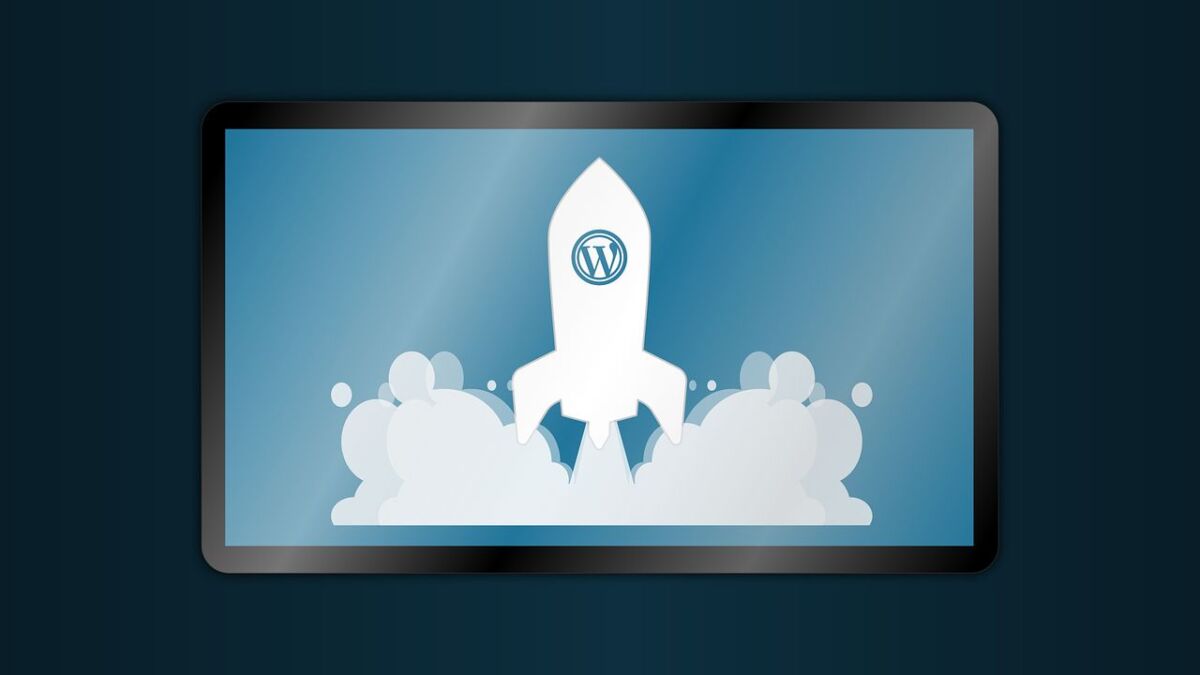Make WordPress faster
Coma Web Development is happy to share with you WordPress optimization tips. WordPress optimization leads to better performance results, where the number of satisfied customers constantly increases and the bounce rate goes down. That is a key approach to achieve a better Google rating.
Improvements in search engine rankings can be achieved with increased speed, where customers observe quicker and more functional pages on your website. That makes more comfortable and improves visitors’ journey on your website. We are happy to share several tricks how to optimize WordPress performance. Here you can find five steps of WordPress optimization.
Optimize CSS
Reduce JavaScript and optimize CSS codes to improve WordPress performance. We suggest starting with blank space reduction and deleting unnecessary instructions. These are the basics of WordPress optimization. The other way to optimize your site can be possibly achieved with several files condensation in order to reduce the number of HTTP requests. Try to use CSS Minifier or CSS Compressor tools for a code.
Image size optimization
Oversized images can be the main reason for long loading time. In order to decrease your site’s loading time and optimize WordPress performance, we suggest compressing images. That can be done before you upload images. There is a variety of tools which are available for image formatting. One of those is WP Smush plugin which offers automatic optimization of images. Also, you can try using EWWW Image Optimiser plugin.
Do not forget to clear up your database
There is no doubt that the size of the database directly influences the speed of the database queries. As you already know, WordPress sites have automatic backups. As the result, that leads to unwanted data, like spam comments, deleted articles, or drafts. Of course, that can slow down the performance of your website. It takes time to clear up your database but it is worth it. To clear up your database you can use Advanced Database Cleaner and WP Optimise after Deleting Revisions.
Caching
The main goal of caching plugins is generation of a static version of a site, which dramatically improves site performance. Every time when your customers view next page, WordPress retrieves content from the database to assemble the page. Of course, it may increase loading time. Caching plugins for WordPress can define specific parameters like the validity and other caching options. We suggest W3 Total Cache, W3 Super Cache and Cachify for WordPress.
Reduce the number of plugins
Finally, we come to the point where it is important to optimize a number of plugins. WordPress has a variety of free plugins which you can use. However, the increasing amount of plugins may lead to decreased site performance. It is important to decide which plugins are used more often. You can try to use Code Profiler to identify which plugins are slowing down your website’s performance.
Do not forget:
Before you start WordPress optimization process, do double check how fast is your WordPress website. There are many available tools to find out how well your website performs and what should be improved.
GT Metrix
GT Metrix provides users with a broad performance analysis. The results are prioritized, allowing website owners to find out what should be optimized. You will be provided with average and overall performance result which you can compare directly with other relevant sites. Provision of feedback on each criteria with recommended steps to be taken to improve your website performance is an additional advantage of the tool.
Google PageSpeed Insights
Google PageSpeed Insights breaks down analysis into two parts: technical and user experience aspects. The technical aspects provide the loading time analysis, where you get the report as “adjustment required”, “adjustment recommended”, or “passed”. However, the tool does not update about complete loading time. Experience analysis observes several aspects, for example, whether the navigation display on mobile is big enough. As you already have realized, that tool is available for the mobile version of the websites.

Leave a Reply
Want to join the discussion?Feel free to contribute!